Hazel Brannon Smith
Hazel Brannon Smith earned a Pulitzer Prize for her reporting on race as editor/owner of the Lexington Advertiser. Smith wrote that all races "should have the same protection of the laws and courts." She condemned the Citizens’ Council "Gestapo" tactics. The Holmes County Citizens’ Council boycotted her paper and pressured the local hospital to fire her husband. In 1960, local teens burned a cross on her lawn. In 1961, she criticized the police attack on Tougaloo Nine supporters. She hosted Movement activists and printed their materials. In 1964, her Jackson newspaper office was bombed. Huge debts caused by the boycott forced her to declare bankruptcy.


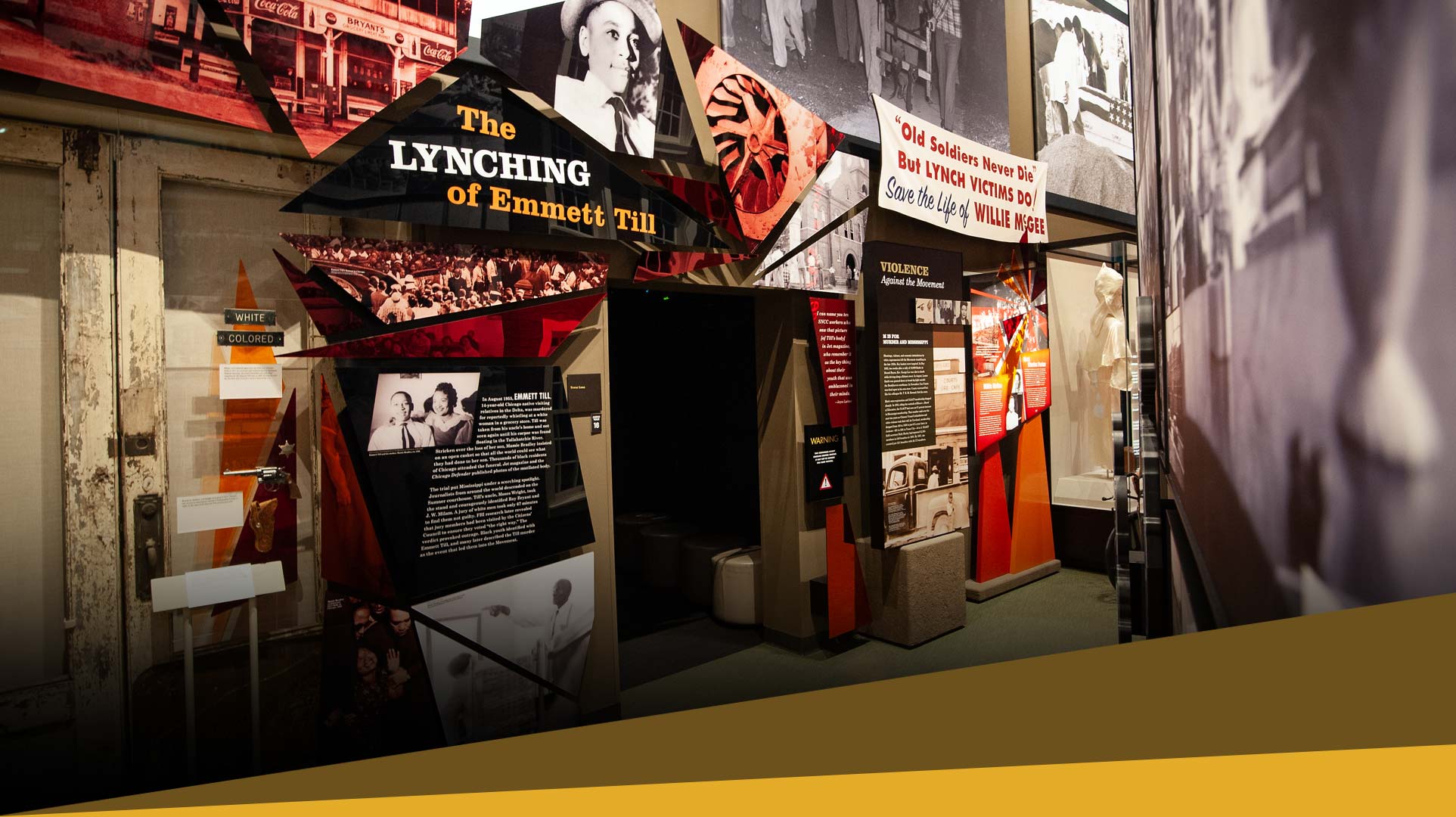

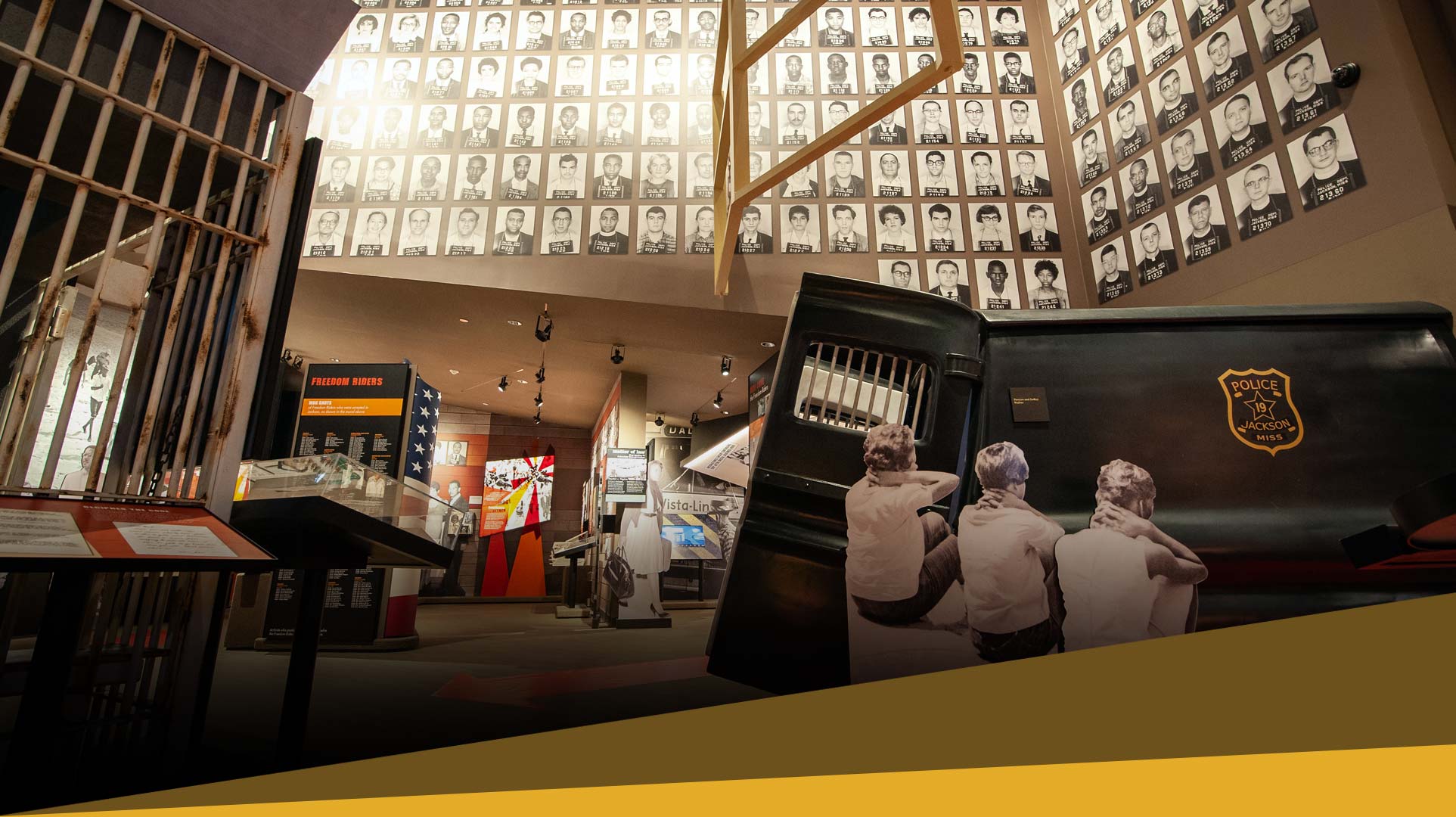
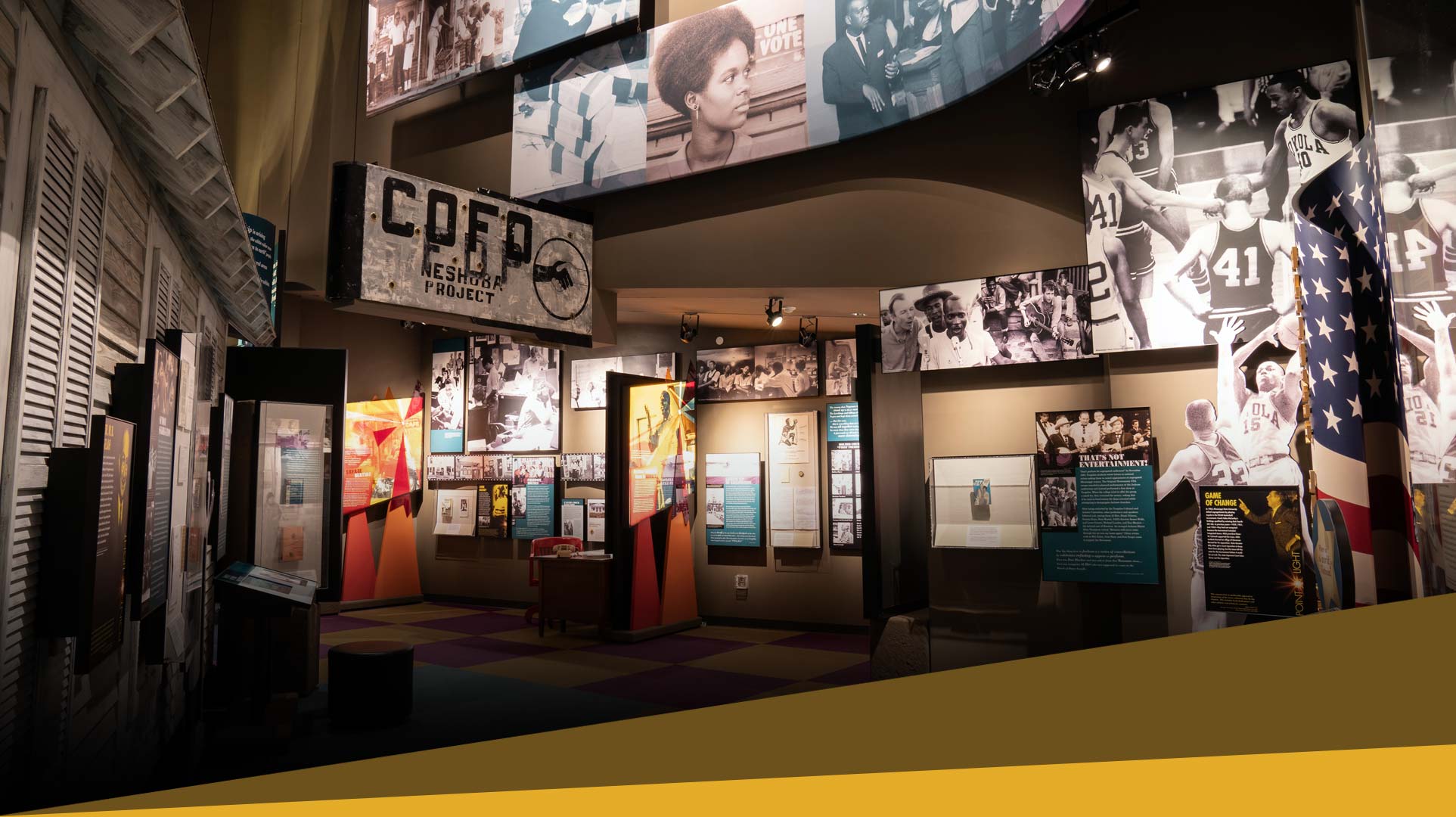

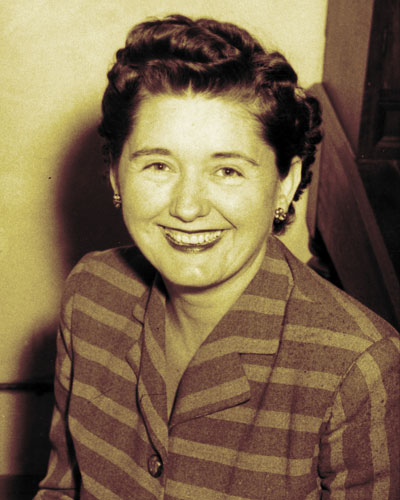
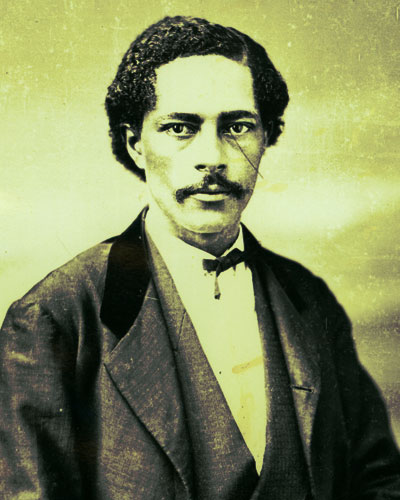
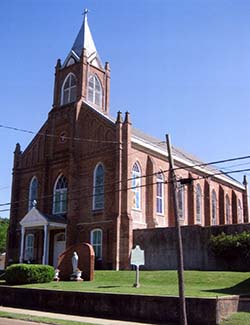 First Catholic Church in Mississippi River Valley with exclusively African American congregation
First Catholic Church in Mississippi River Valley with exclusively African American congregation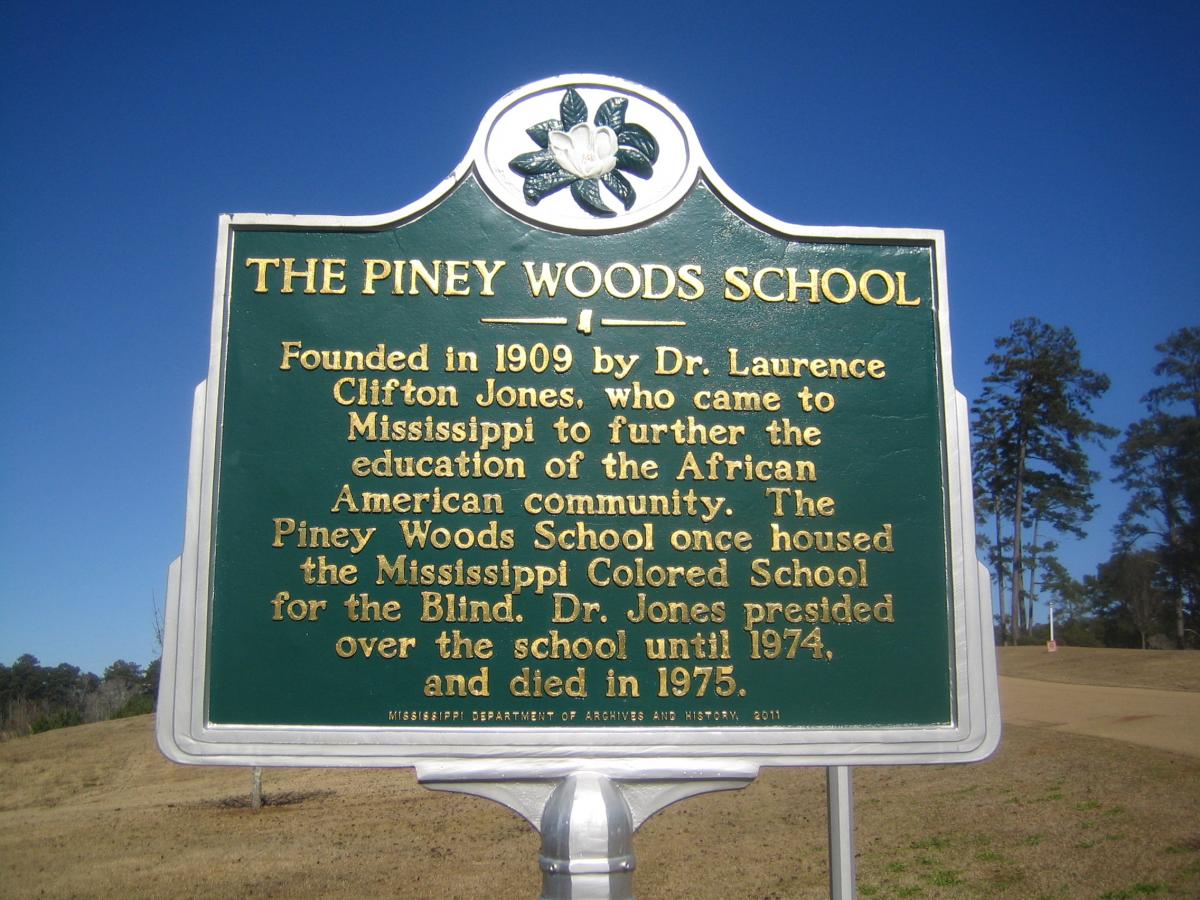 Founded by Laurence C. Jones in 1909, it is the largest, independent African American boarding school in the United States.
Founded by Laurence C. Jones in 1909, it is the largest, independent African American boarding school in the United States.












